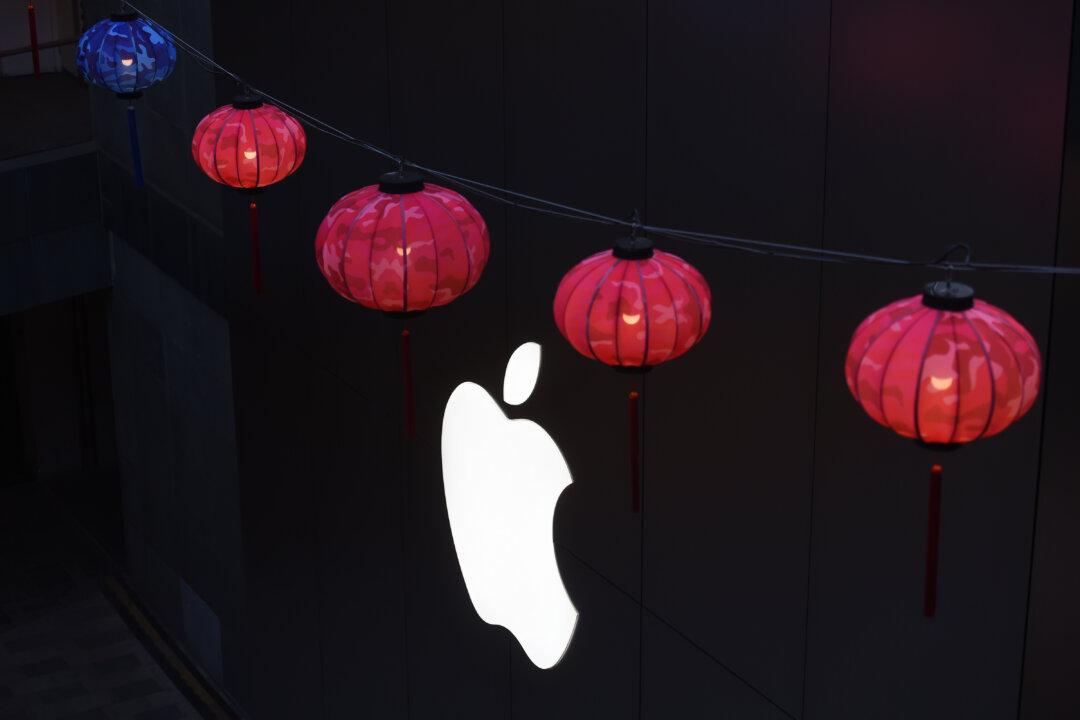A downgrade in Apple’s earnings forecast rattled markets Tuesday, sending the iPhone maker’s stock tumbling over 2.5 percent while lifting safe haven assets, as investors digested news that the coronavirus outbreak would have a bigger-than-expected impact on the tech giant’s bottom line.
On Monday, the iPhone maker warned of lower sales in the current quarter, indicating that the virus, which has been given the official designation COVID-19, was having a negative impact on its supply chain.





